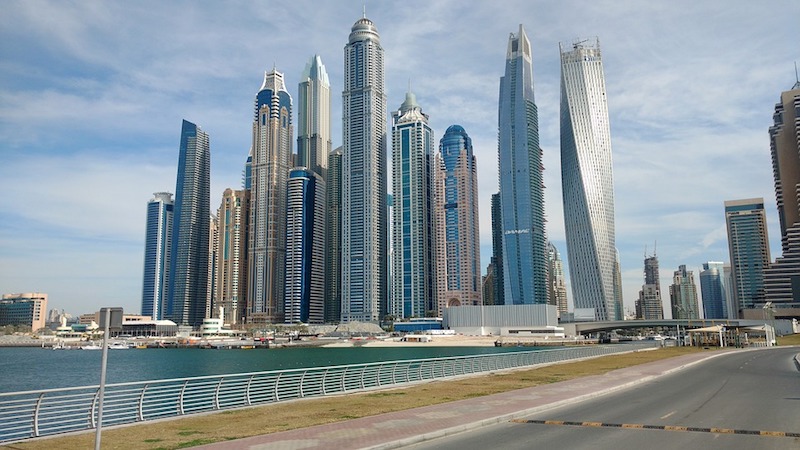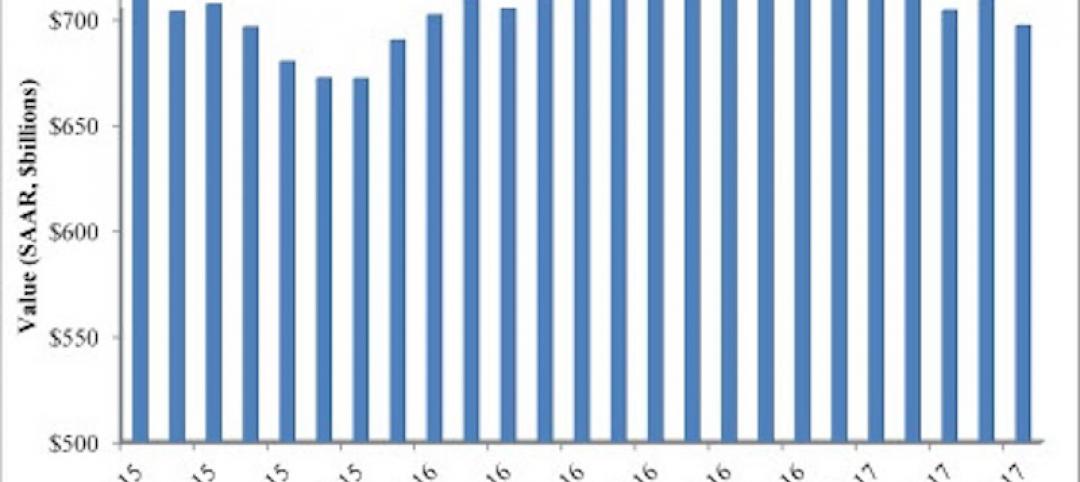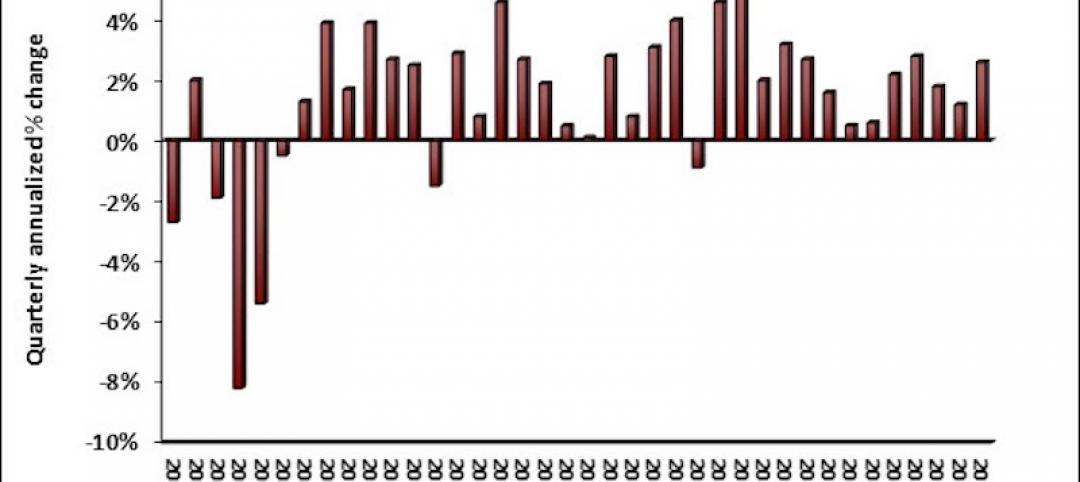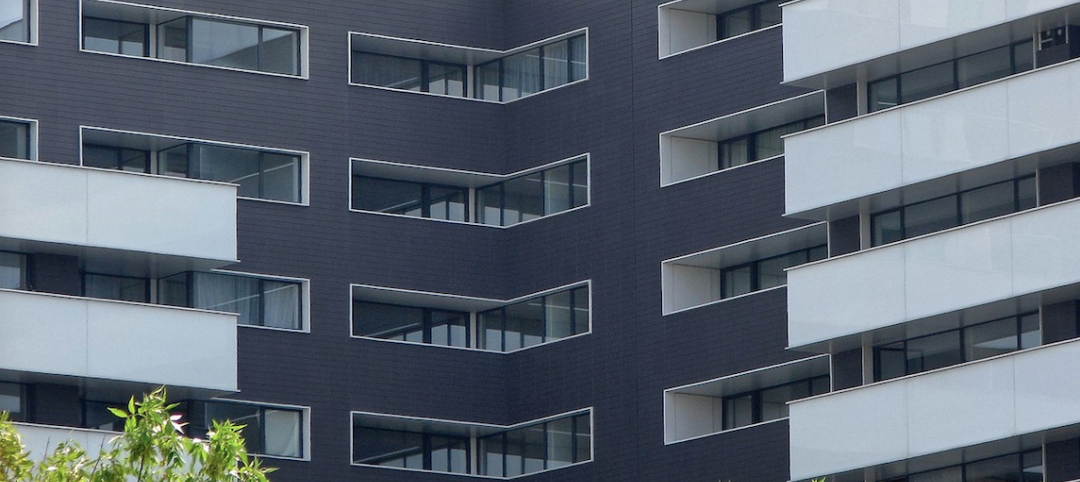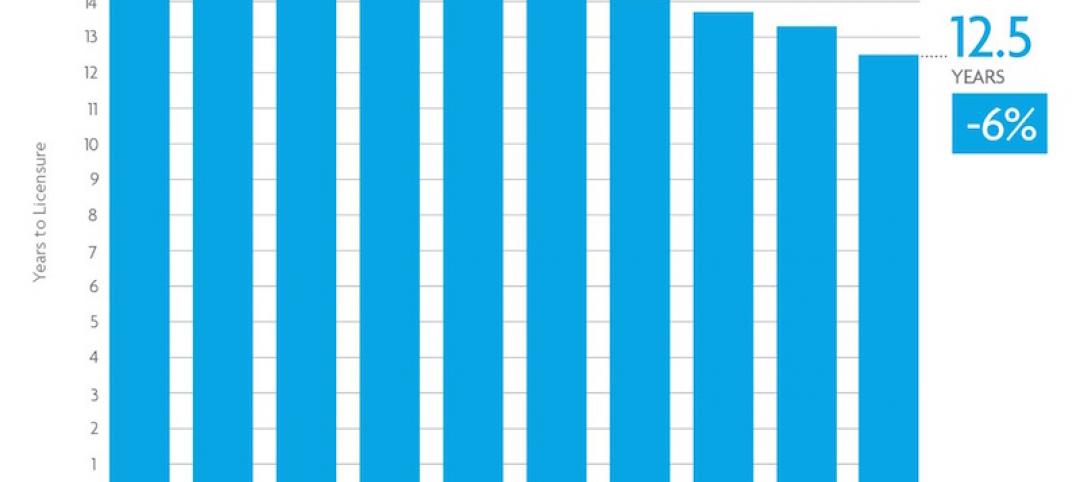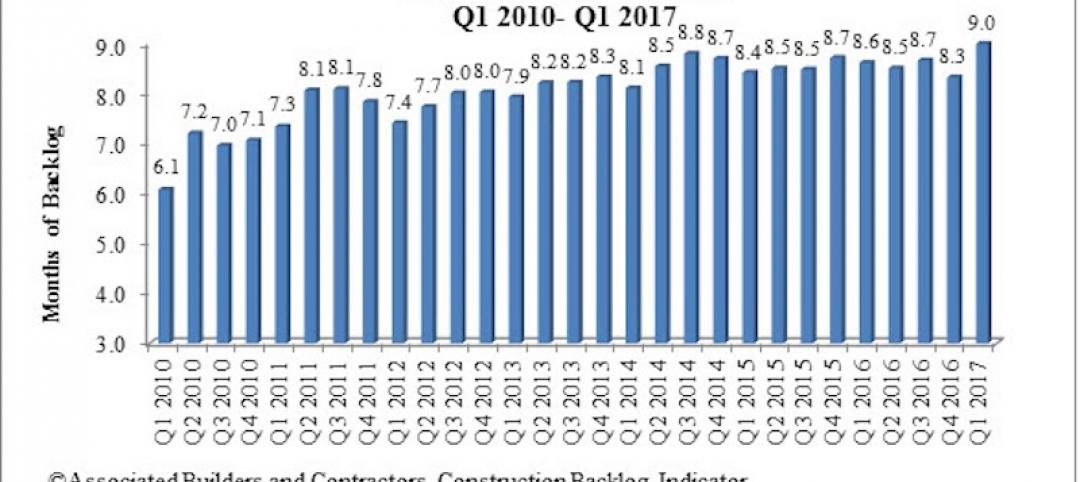Renewable energy has a mixed outlook in the Middle East and Africa (MEA) region, due to a reluctance to invest from some countries and an inability to afford renewables in others, according to GlobalData.
Several major MEA countries are actively supporting the growth of renewable energy through mechanisms such as renewable targets, renewable portfolio standards (RPS), feed in tariffs (FiTs) or auctions, net metering and tax exemptions or subsidies.
Anchal Agarwal, Power Analyst at GlobalData, says: “Most of the countries covered in MEA* have renewable energy targets, implying that these governments are actively supporting the growth of renewable energy in their respective countries. Some countries have capacity targets, while others have targets to achieve a fixed share of generation from renewable sources.”
Iran set a target in 2014 of 5 Gigawatts (GW) from wind and solar power, by 2020. In spite of this, renewable energy did not make much progress in the country. Hence, in January 2018, the government again declared a target of installing 1 GW of renewable energy projects every year from 2018 to 2022.
The availability of oil in the MEA region presents a major challenge to renewables. For example, in 2016, Saudi Arabia reduced its 2040 renewable goals from 50% to 10% of the country’s electricity supply. In April 2017, the country declared that it will develop 30 solar and wind projects over the next 10 years as part of the kingdom’s $50 billion program to boost power generation and cut its oil consumption.
Agarwal continues: “A noticeable observation in the MEA region is the growing popularity of the auction/tender mechanism to develop large-scale renewable projects. Countries such as Egypt, Iraq, Israel, Morocco, Qatar, Saudi Arabia, South Africa and UAE have auction mechanism for various renewable energy technologies. However, countries including Algeria, Iran, Kenya, Nigeria and Tanzania have already proposed the renewable auctions and they are expected to announce it within a year.”
FiTs and net metering are other major policy support mechanisms used by governments of Middle East & African countries to promote renewable energy. Six countries have FiT schemes for various renewable technologies, and Ghana and UAE are the only countries to have proposed a net-metering scheme.
* MEA countries covered = Algeria, Angola, Egypt, Ghana, Iran, Iraq, Israel, Morocco, Nigeria, Qatar, Saudi Arabia, South Africa, Syria and UAE.
Related Stories
Market Data | Aug 2, 2017
Nonresidential Construction Spending falls in June, driven by public sector
June’s weak construction spending report can be largely attributed to the public sector.
Market Data | Jul 31, 2017
U.S. economic growth accelerates in second quarter; Nonresidential fixed investment maintains momentum
Nonresidential fixed investment, a category of GDP embodying nonresidential construction activity, expanded at a 5.2% seasonally adjusted annual rate.
Multifamily Housing | Jul 27, 2017
Apartment market index: Business conditions soften, but still solid
Despite some softness at the high end of the apartment market, demand for apartments will continue to be substantial for years to come, according to the National Multifamily Housing Council.
Market Data | Jul 25, 2017
What's your employer value proposition?
Hiring and retaining talent is one of the top challenges faced by most professional services firms.
Market Data | Jul 25, 2017
Moderating economic growth triggers construction forecast downgrade for 2017 and 2018
Prospects for the construction industry have weakened with developments over the first half of the year.
Industry Research | Jul 6, 2017
The four types of strategic real estate amenities
From swimming pools to pirate ships, amenities (even crazy ones) aren’t just perks, but assets to enhance performance.
Market Data | Jun 29, 2017
Silicon Valley, Long Island among the priciest places for office fitouts
Coming out on top as the most expensive market to build out an office is Silicon Valley, Calif., with an out-of-pocket cost of $199.22.
Market Data | Jun 26, 2017
Construction disputes were slightly less contentious last year
But poorly written and administered contracts are still problems, says latest Arcadis report.
Industry Research | Jun 26, 2017
Time to earn an architecture license continues to drop
This trend is driven by candidates completing the experience and examination programs concurrently and more quickly.
Industry Research | Jun 22, 2017
ABC's Construction Backlog Indicator rebounds in 2017
The first quarter showed gains in all categories.


